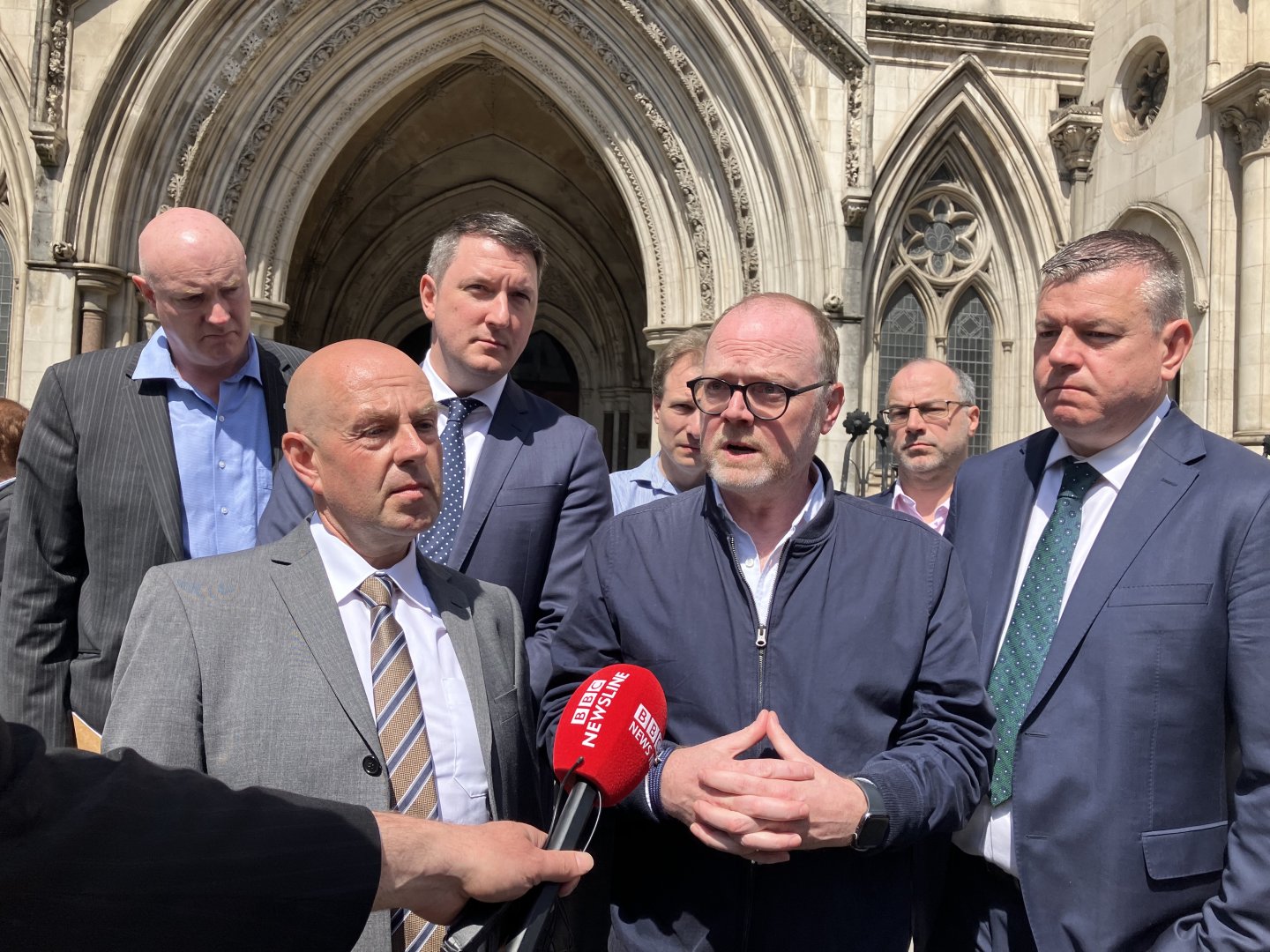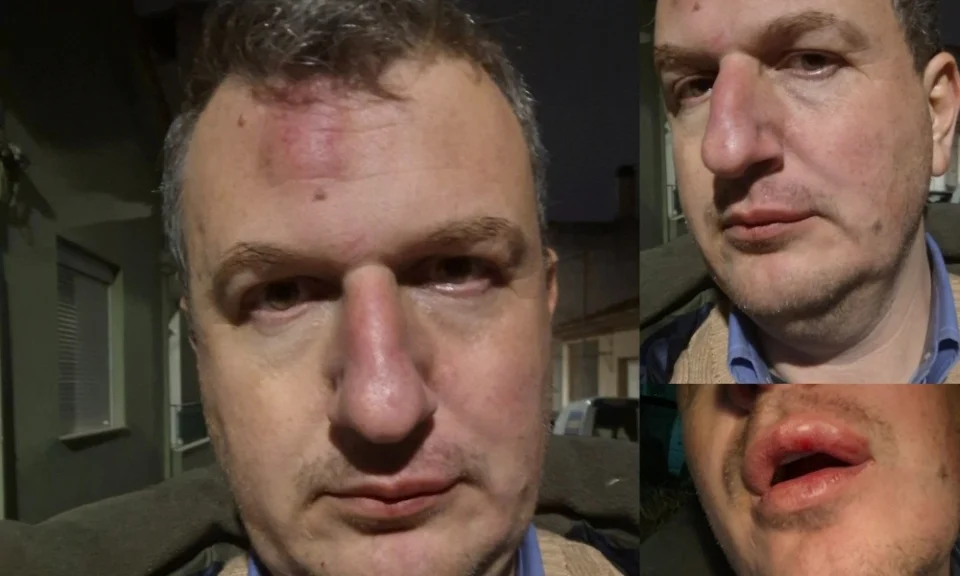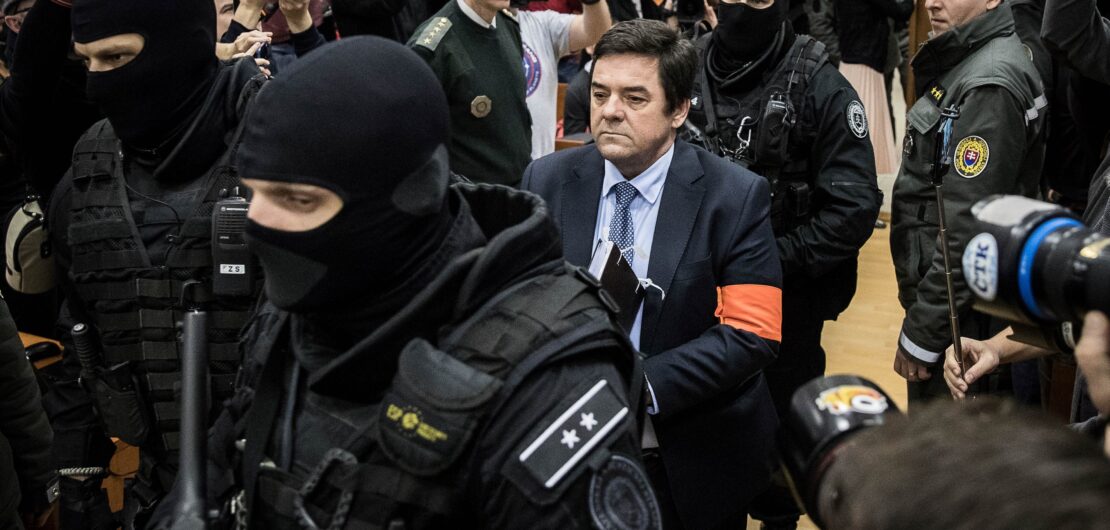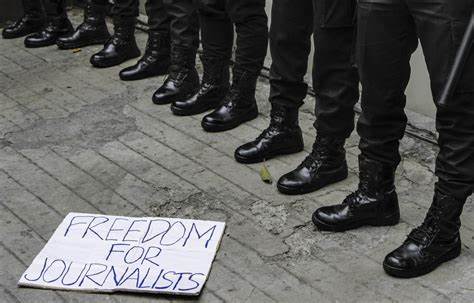
Fear and Repression: CPJ Sounds Alarm Over Attacks on Journalists in Senegal
October 6, 2024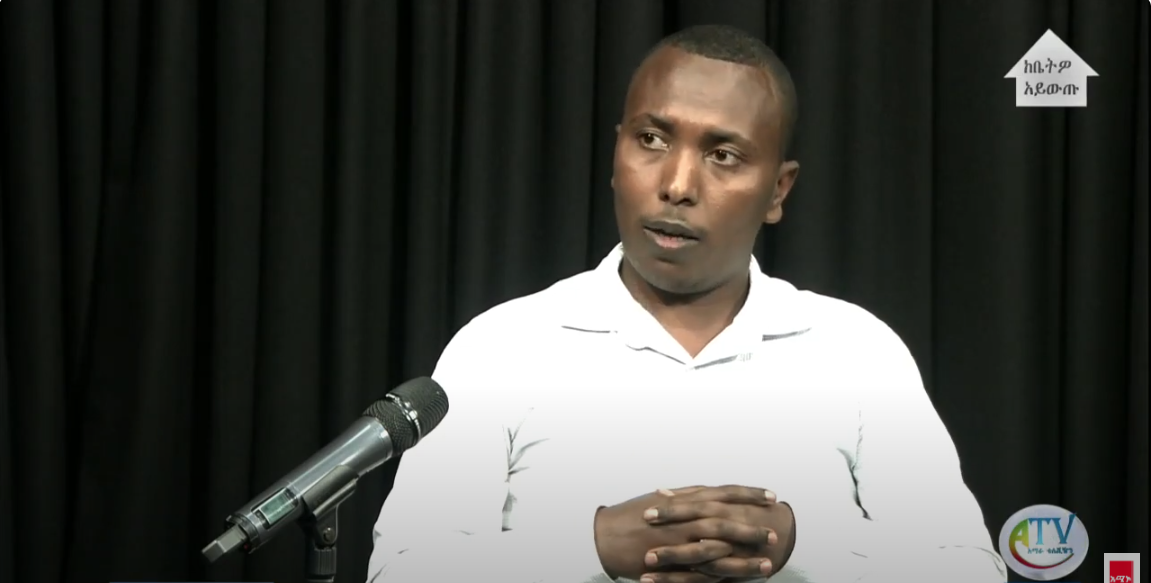
Ethiopian State Journalist Detained in Amhara Amid Crackdown
October 6, 2024October 04, 2023 – Ireland/UK –
In a landmark ruling in December 2024, the UK’s Investigatory Powers Tribunal (IPT) found that the Police Service of Northern Ireland (PSNI) and the Metropolitan Police unlawfully conducted covert surveillance on journalists Trevor Birney and Barry McCaffrey in 2018. The covert operation—authorized by then-Chief Constable Sir George Hamilton—took place during the investigation into the Loughinisland massacre documentary, No Stone Unturned, which accused police of collusion in the 1994 killings of six Catholic men during the Troubles.
The tribunal determined that the surveillance violated human rights and journalistic source protections because it failed to assess whether there was an overriding public interest justifying the measure. The PSNI and Metropolitan Police accessed communications data, followed the journalists, and scrutinized their sources—all without judicial oversight or clear justification. That constitutes a serious breach of both the Regulation of Investigatory Powers Act (RIPA) and the European Convention on Human Rights.
As a result of the tribunal’s decision—the first of its kind ordering damages for journalists—Birney and McCaffrey were each awarded £4,000 in compensation. The tribunal also quashed the authorizations underpinning the surveillance and underscored the central importance of protecting journalistic confidentiality for a functioning democracy.
Beyond the outcome for the two journalists, this ruling exposes a deeply worrying pattern. The IPT revealed that over 14 years, Northern Ireland police applied for phone records of hundreds of journalists and lawyers. The Metropolitan Police similarly accessed communications data in 2012–2013 to probe McCaffrey’s sources, acts deemed unlawful by the tribunal.
Reporters Without Borders (RSF) and Amnesty International welcomed the decision, characterizing it as a “landmark” moment for press freedom and calling for legal safeguards to prevent future abuses of surveillance powers by state agencies
Reference –

